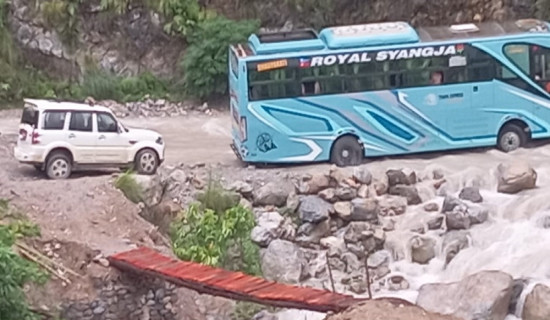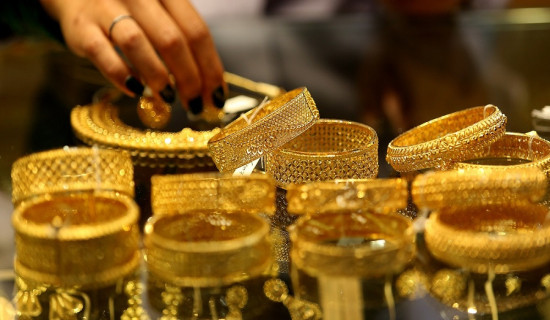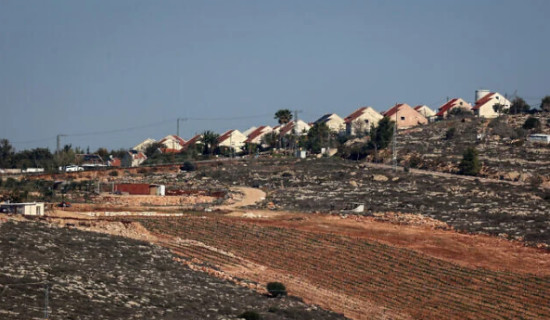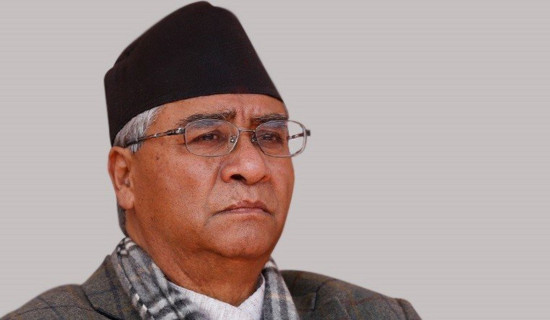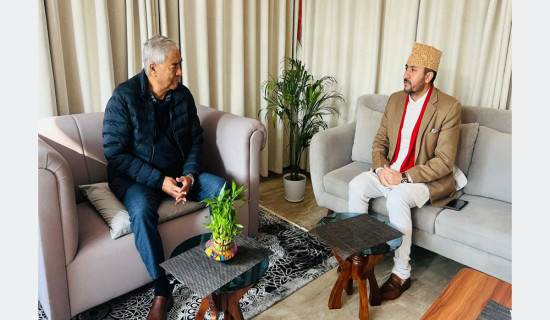- Friday, 26 December 2025
Milestone Power Export
With the export of 40 megawatts (MW) of electricity, Nepal has formally started exporting electricity to Bangladesh. Dipak Khadka, Minister for Energy, Water Resources and Irrigation of Nepal, Manohar Lal, Minister for Power of India and Muhammad Fouzul Kabir Khan, Advisor to Power Division, Ministry of Power, Energy and Minerals Resources of Bangladesh, jointly inaugurated the electricity export virtually on Friday. This is a momentous milestone in regional energy cooperation which also marks a significant step towards diversification in our electricity export. According to Nepal Electricity Authority (NEA), the electricity trade between Nepal and Bangladesh will be in US dollars, with the later paying 6.40 US Cents per unit (Rs. 8.62 per unit). This is also a shift from electricity trade with India, which is in Indian currency.
The tripartite agreement signed between Nepal, India, and Bangladesh on October 3, 2024, which saw India agreeing to allow its infrastructure and land for Nepali electricity to be transported to Bangladesh, paved the way for this to finally happen. As explained by Minister Khadka, this power trade is more than just electricity — it is a step towards energy security, economic growth and environmental sustainability for all our nations, demonstrating our collective commitment to clean, reliable energy and a regional transition to renewable resources.
Nepal has vast hydropower potential, while India and Bangladesh are in the need of energy. Despite Nepal not fully utilising this potential domestically, its surplus generation capacity, especially during the monsoon season, could be exported to neighbouring countries. It’s already been a quite a while since we started electricity export to India, but the lack of such an agreement had blocked electricity export to Bangladesh, despite the smaller neighbour time and again showing its keenness to import electricity from Nepal. In 2023, Bangladesh signed agreements to import 4-50 MW from Nepal as part of its broader plan to import up to 500 MW in the coming years. It has also made no secret of its interest to invest in our hydropower projects to secure long-term energy supply.
Nepal is a landlocked country, and agreements with India and Bangladesh help improve its access to ports and trade routes. Such collaborations can enhance regional connectivity and reduce transit costs for goods moving between the three countries. Bangladesh is working to diversify its energy supply and reduce its reliance on fossil fuels as part of its effort to meet climate commitments and ensure sustainable development. Hydropower from Nepal is renewable and environmentally friendly energy source, so it aligns with these targets.
For Bangladesh, importing this hydropower through India is seen as a cost-effective solution compared to developing domestic renewable energy sources or importing fossil fuels whose prices have gone through the roof in recent months, making it prohibitively expensive for many developing countries like Bangladesh to purchase in international market. So, this cooperation is a win-win deal for both countries: Nepal earns foreign currency by exporting electricity, while Bangladesh gains access to clean, sustainable energy which is also relatively cheaper. For Nepal, electricity export has emerged as a bright spot of the economy, yet we have been able to harness only a tiny fraction of our huge water resources. Should we step up our effort towards generating more and more electricity, we’ll broaden our path towards development and prosperity for sure.









-original-thumb.jpg)

